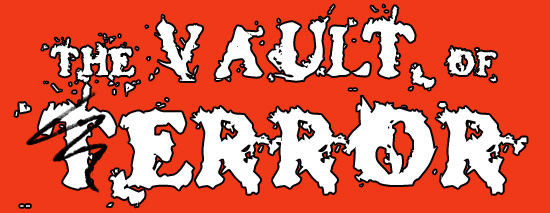
A decade is missing. Ten years. One tenth of a century. One seventh of my median life expectancy. Where has the time gone? Has it really been so long since the last time I watched Animation Runner Kuromi?
So much has changed in the interim. Physical media continues to dwindle as streaming media expands to replace it. Central Park Media, Kuromi’s American licensor, is only a memory. All that remains of CPM’s legacy is a smattering of DVDs listed for obscene prices on the Amazon marketplace. I’m different, too. In those ten years I finished two college degrees, published two collections of short stories, and carved out a niche writing for an American anime publication. In some sense, I’m living the dream.
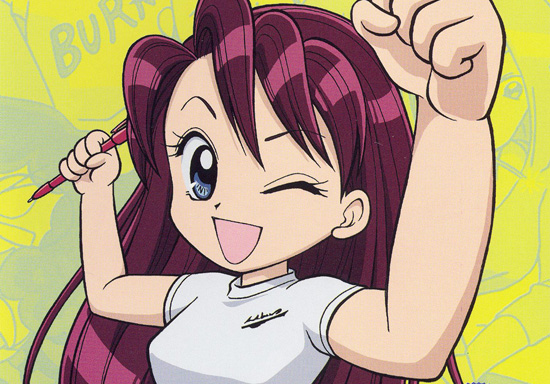
Mikiko “Kuromi” Oguro, the titular character of Animation Runner Kuromi, is also living the dream. Straight out of college with a glossy new degree in animation, Kuromi lands her dream job working for Studio Petite, a tiny production house tasked with completing the second episode of the hot new anime, Time Journeys. But on her first day of employment, Kuromi rockets into a world of terrifying new responsibilities. She receives a field-promotion when the previous PM, a jovial fellow named Oppama, withers beneath the effects of a bleeding ulcer. Before he’s cheerfully carted away in an ambulance, Oppama hands the reins to Kuromi despite her utter inexperience. Now Kuromi must contend with an impossible production schedule, absentee management, and the fragile egos of artists in order to ensure that Time Journeys episode two meets its broadcast date.
No one tells you that when you live the dream, often the dream is of the nightmarish variety, the kind where you can’t find your car keys and you’re late for an algebra test, and also you get eaten by a Tyrannosaurus Rex.
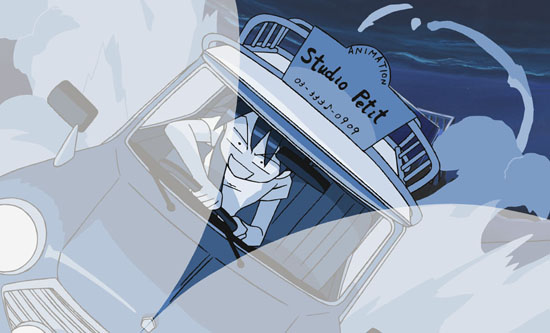
Directed by Akitaroh Daichi (Fruits Basket, Jubei-Chan the Ninja Girl), Animation Runner Kuromi is a love letter to the world of Japanese animation, told in a frantic, slap-sticky style from an insider’s perspective. It captures the chaos and confusion of the production process, and it also serves as a primer for any fans that are curious enough to peek beneath the curtain to see how their favorite cartoons get made. Don’t know the difference between key and in-between animation? Ever wonder what a line producer does? Animation Runner Kuromi will take you on a whirlwind tour from storyboard to screening, and it will make you laugh (and cringe) along the way.
Despite its broad humor, there’s a somber lesson at the heart of Animation Runner Kuromi, one that today’s Internet-savvy fandom would do well to consider. The cartoons that we so casually consume on our TVs and computers don’t just magically materialize; even something as lame as an episode of the completely fictitious Time Journeys is the culmination of the blood, sweat, and tears of dozens or hundreds of working class artists.
There’s another lesson in here for those that aspire to live the dream: the art of entertainment, be it writing or illustrating or hammering out computer code, is also a business. There are deadlines to meet. There are roadblocks to overcome. Unscrupulous people will try to take advantage of your enthusiasm. Expect massive workloads and tiny paychecks. Sometimes the only rewards you’ll receive for all of your backbreaking labor are the warm-and-fuzzies that accompany a job well done. And sometimes a passion for the material simply isn’t enough.
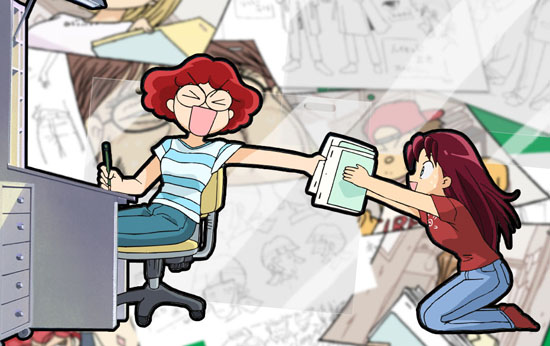
But it’s hard to dwell on the harsh realities when Kuromi and her ragtag crew of slackers and misfits are panicking, pulling all-nighters, and scrambling to mail the key animation overseas in time to meet the deadline. It’s fun to see Kuromi transform from a starry-eyed idealist to the sort of taskmistress that will confiscate a man’s surfboard to make sure he gets his drawings done. The real world may be a grind, but in the world of animation everything is still shiny and bright, even when the grist for the entertainment mills is made up of young artists’ dreams, dignity, and self-respect.
Distributor: Central Park Media
Originally released: 2001
Running Time: 40 minutes
©2001 Akitaro Daichi / Hajime Watanabe / YUMETA CO., LTD.



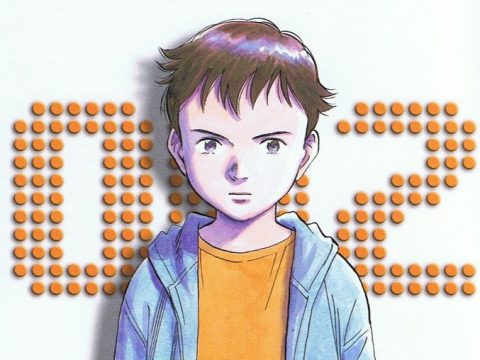
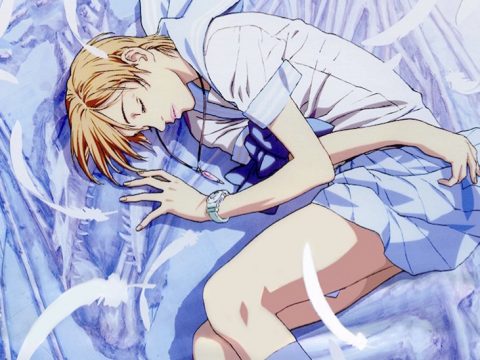

![[Review] Ghost in the Shell Deluxe Edition Manga [Review] Ghost in the Shell Deluxe Edition Manga](https://otakuusamagazine.com/wp-content/uploads/2017/08/gitsdeluxeheader-480x360.jpg)
